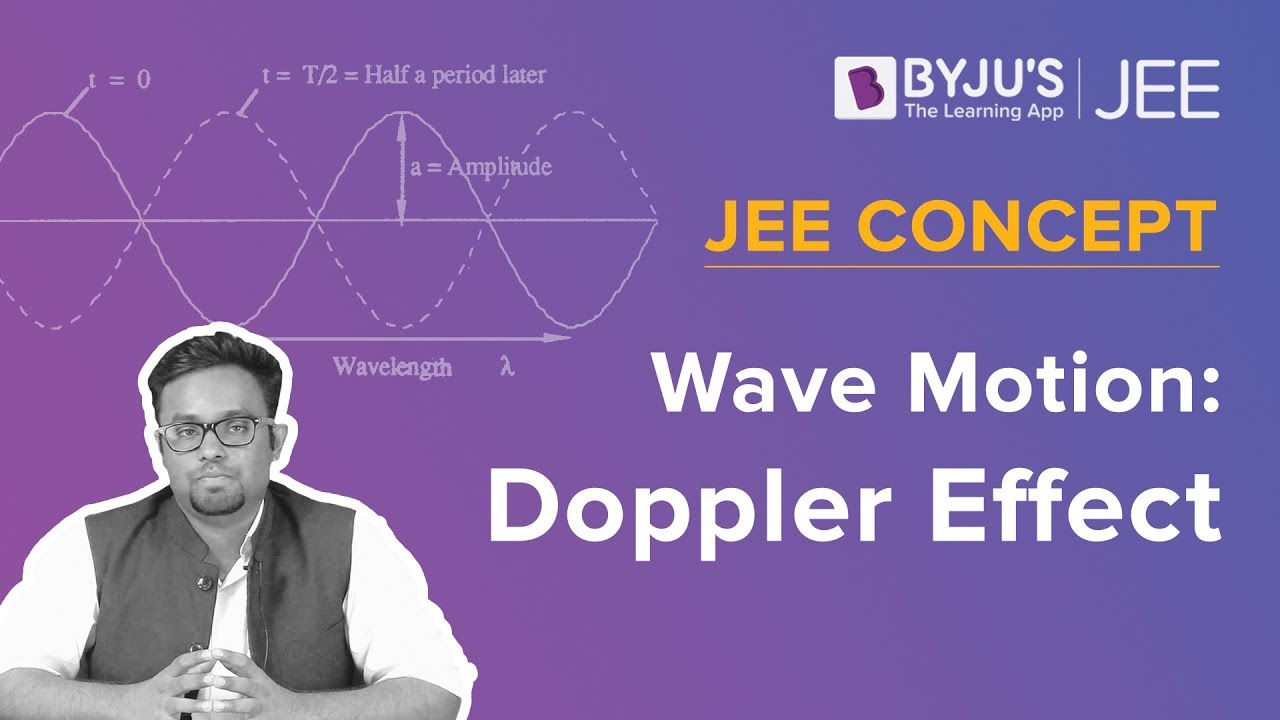
The essence of the Doppler effect is frequency change - not the change in the perceived intensity - and that frequency change is easy to verify. Examine how frequency compression and the observers motion combine to influence the. Intensity of sound because of distance between source and observer? The Doppler shift is a phenomenon that occurs when sound waves are moving towards or away from the observer. The average speed and average kinetic energy of an oscillating air molecule, measured by the receiver, will be higher if the transmitter moves toward the receiver and lower, if the transmitter moves away from the receiver.Īs a possible solution to this, can we consider the Doppler effect toīe caused not by frequency changes, but by changes in perceived That the energy will increase no matter what direction the the Square of the velocity of the particles ( The extra work is presumably performed by a transmitting or a receiving element pushing the air in front of it.Īccording to the sound energy equation, the energy varies with the It must be coming from a moving object: transmitter, receiver or both. In order to validate the improved Doppler equation, experiments.

The formula for the frequency that the observer will detect depends on the speed of the observer the larger the speed the greater the effect. The study also evaluates measurement errors caused by spatial variation in the speed of sound. However, if either the source or the observer is moving, things change. If the frequency increases, shouldn't the energy associated with the So far, we have only considered stationary sources of sound and stationary listeners (or observers). Isn't this contradictory to the frequency given by Doppler's equation, which says frequency(and hence te energy) decreases if the source is moving away from the observer.Īs a possible solution to this, can we consider the Doppler effect to be caused not by frequency changes, but by changes in perceived intensity of sound because of distance between source and observer? But doesn't that mean that the energy will increase no matter what direction the the particle is moving in? But if the frequency increases, shouldn't the energy associated with the wave also increase? Where does this energy come from?Īccording to the sound energy equation, the energy varies with the square of the velocity of the particles ( ). For example, if the source is moving towards the observer, who is stationary, the frequency appears to increase. The Doppler effect is the change in frequency of a wave as the source moves relative to an observer, and explains why the pitch of a sound sometimes changes as it moves closer or further to or from an observer. In the Doppler effect, we see that the frequency of sound that the observer hears changes according to the motion of the observer and source.


 0 kommentar(er)
0 kommentar(er)
